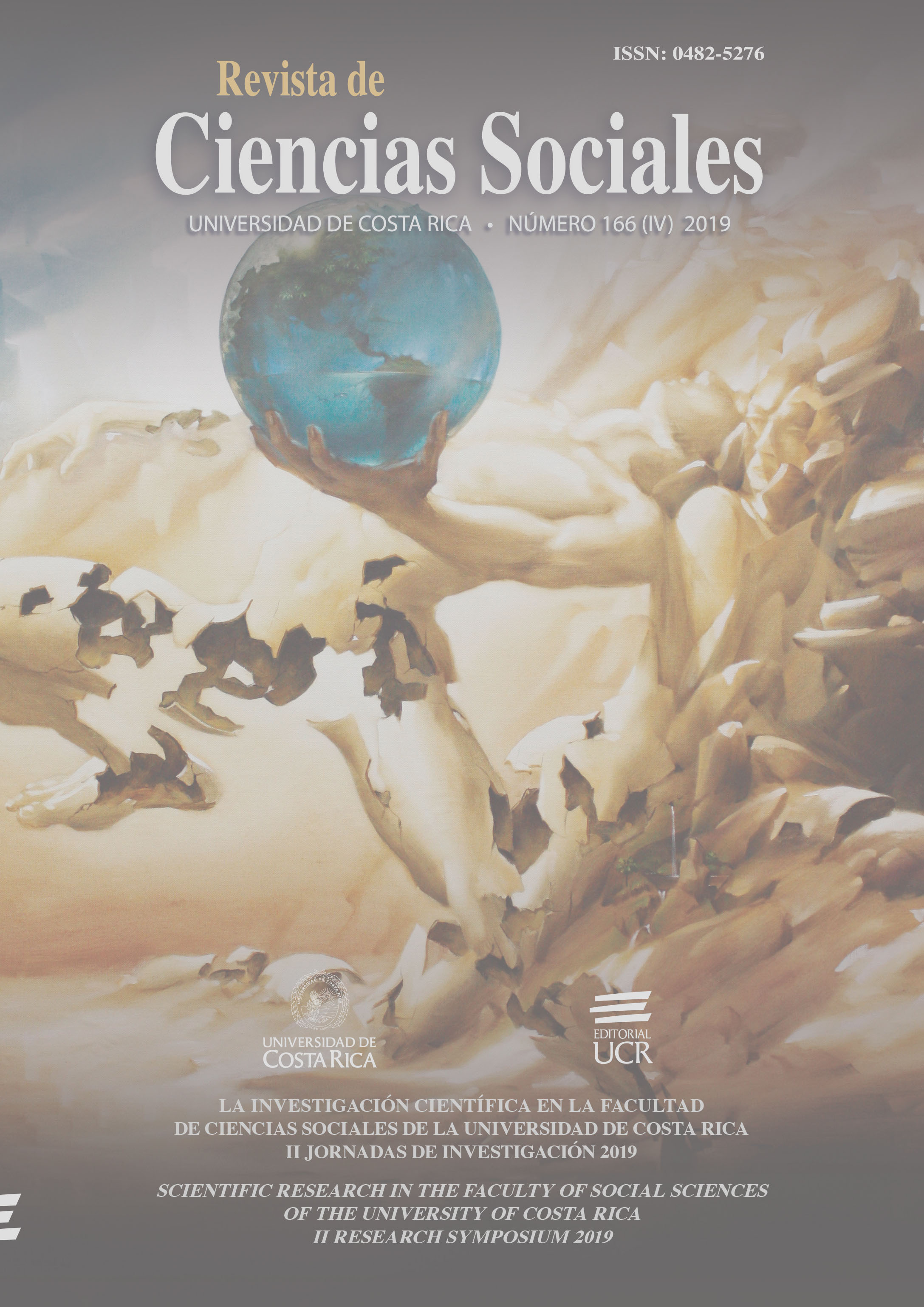Abstract
The objective of this article is to describe and analyze the strikes that led the wood officiants in the city of San José, in July 1918, in which the demand for the establishment of the eighthour workday was highlighted. The methodology proposed by Eric Hobsbawn and George Rudé was used to analyze the characteristics of the social movement, which have been adapted to perform a kind of “anatomy” of the strikes by using the following variables: 1) spatial and temporal distribution of the strike, 2) conflict agenda, 3) social composition of the movement, 4) organization methods and leadership pattern, 5) employers´ attitude and a balance of the social movement. The strikes of July 1918 were the first social movement in the history of Costa Rica where they fought for the 8-hour workday. In spite of not reaching this demand at the time, they placed, for the first time, in the arena of the social conflict and the social agenda the eight-hour workday as workers´ rights.


